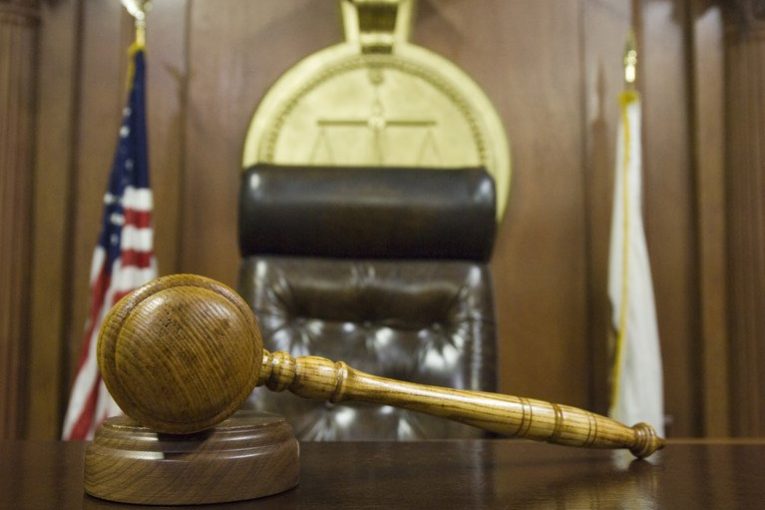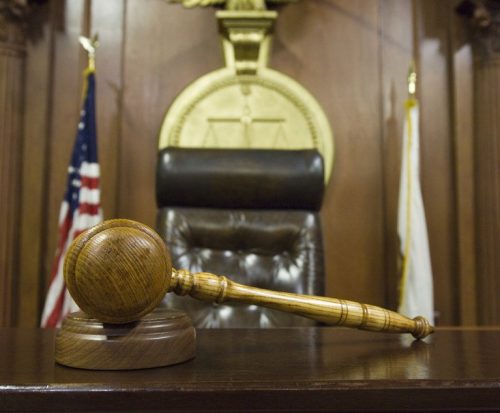

By Wayne Chan
BALTIMORE, MD— Adnan Syed, convicted of murder in 1999, was sentenced to life plus 30 years, but this week Baltimore State’s Attorney Marilyn Mosby and Sentencing Review Unit (SRU) Chief Becky Feldman filed a motion to vacate the conviction.
A new trial is requested based on a recent investigation that found new and undisclosed information as well as unreliable cell phone tower data, and identified two alternative suspects.
Erica Suter, Syed’s defense counsel and director of the Innocence Project Clinic in collaboration with the Maryland Office of the Public Defender and University of Baltimore School of Law’s Innocence Project, originally brought the case to SRU after the Juvenile Restoration Act was passed in April 2021.
The act allows sentences to be reviewed if the person was convicted as a juvenile and has served at least 20 years. However, during the review for the sentencing, new evidence emerged that warranted further investigation.
The state emphasized it is not claiming the innocence of Adnan Syed, only the uncertainty of the conviction in light of new evidence, necessitating a new trial.
State’s Attorney Marilyn Mosby said that “since the inception of my administration, my prosecutors have been sworn to not only aggressively advocate on behalf of the victims of crime but in the pursuit of justice—when the evidence exists—to correct the wrongs of the past where doubt is evident.
“(A)fter a nearly year-long investigation reviewing the facts of this case, Syed deserves a new trial where he is adequately represented and the latest evidence can be presented. As stewards of the court, we are obligated to uphold confidence in the integrity of convictions and do our part to correct when this standard has been compromised.”
Mosby added, “We have spoken with the family of Ms. Hae Min Lee and fully understand that the person responsible for this heinous crime must be held accountable…keeping Mr. Syed detained as we continue to investigate the case with everything that we know now, when we do not have confidence in results of the first trial, would be unjust.”
On March 10, 2022. Chief Feldman and the defense requested the clothing of the victim be tested for touch DNA, something unavailable at the time of trial. Back then, the Baltimore City Police Lab tested some items for DNA as an agreement between the Office of the Attorney General and the defendant’s previous counsel. The items being tested now were not tested in 2018, except for the victim’s fingernail clippings.
After consulting DNA experts, the team tested fingernails, fingernail clippers, pubic hairs, underwear, bra, and shirt as well as the rape kit for the presence of DNA. These items were believed to most likely yield results.
The team said on the victim’s right fingernail swabs, the right fingernail clippers swabs, and the victim’s shirt swabs, trace-level DNA was detected. The shirt and the fingernail swabs were analyzed with a genotyping kit that targets male Y-chromosomes STR DNA, but nothing useful was found.
Another shirt swab and the right-hand fingernail clippers were not analyzed because the amount of male DNA detected was too minimal to likely yield any results, the team noted.
On the pubic hairs, left hand fingernail swabs, left hand fingernail clippers swabs, anal swabs, vaginal swabs, bra swabs, and underwear swabs, only female DNA was recovered. The remaining items are being further tested, the unit said.
The new investigation revealed, said authorities, two undisclosed, alternate suspects who could either be involved together or individually. The two persons were known to the original investigation and were neither ruled out nor disclosed to the defense.
The state said it cannot disclose their names. However, according to the trial file, one of them had claimed, “He would make her[the victim] disappear. He would kill her.”
The investigation also found a document from the original trial file where someone relayed information that can be viewed as motive for the same suspect. The undisclosed information could have been used by the defense but was never revealed to the trial or the post-conviction defense counsel.

Also, according to officials, it was also found that one of the suspects was convicted of attacking a woman in her vehicle and that one of the suspects was convicted of serial rape and sexual assault.
The victim’s car was also located directly behind the house of one of the suspect’s family members. Some of this information was available at the time of trial; some of the events occurred after the trial, the team said.
Cell phone data records played a crucial role in the original trial, said the investigation team. The data corroborated Jay Wilds’ testimony about Syed’s location throughout the day. However, the notice on the records specifically warned that billing locations for incoming calls “would not be considered reliable information for location.”
Yet, the prosecution did exactly what the notice advised against and used the data as a way to reliably locate Syed. Most importantly for the State’s case were incoming calls allegedly received in the Leakin Park area at 7:09 p.m. and 7:16 p.m. Eleven out of 32 calls on Jan. 13 were incoming calls.
The parties consulted Gerald Grant, Jr., a Digital Forensics Investigator with expertise in Computer Forensics, Mobile Forensics, and historical cell site analysis. Grant explained that incoming calls to a mobile device are not reliable because the communication signal may be sent to multiple towers in an area—the network has no way of knowing the exact tower the device is listening on.
Based on the technology of the time, it was possible that an incoming call could be recorded at the last registered tower and not the current one when the signal is sent to multiple towers.
If the motion is granted, Syed will effectively be put in a new trial status. The case will remain alive but his convictions will be vacated. The outcome of the ongoing investigation will determine if the state continues with a trial in this matter or dismisses the charges.
The state said it is requesting Syed be released on his own recognizance or bail pending the investigation should this Court grant the instant motion.





